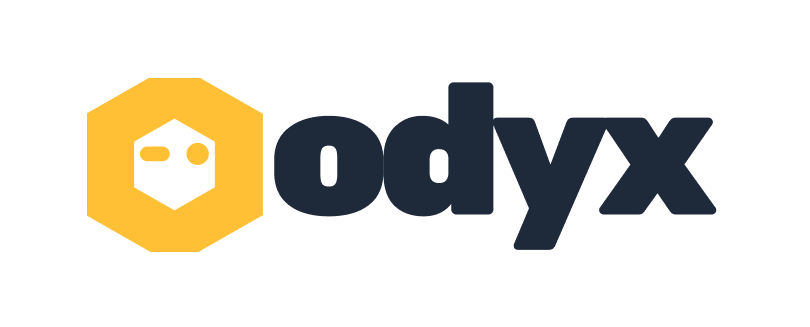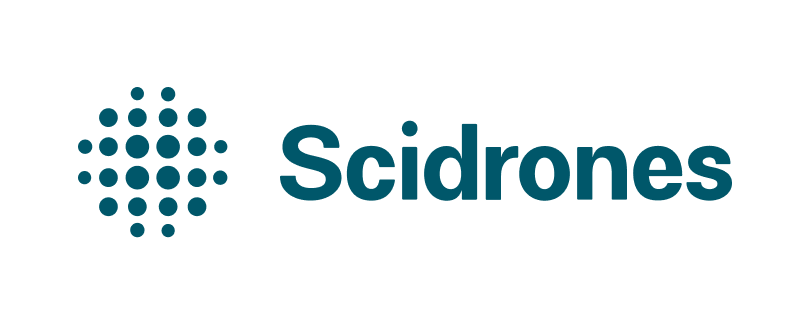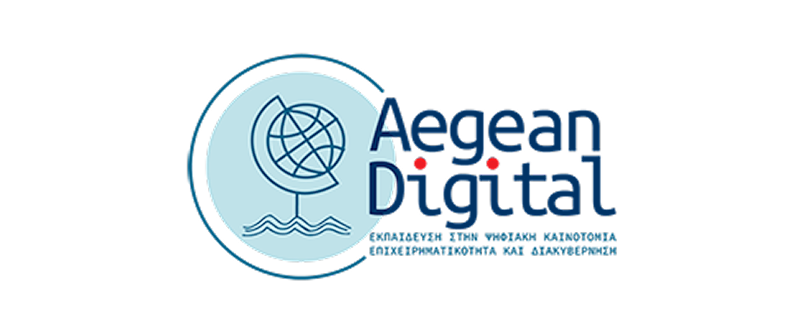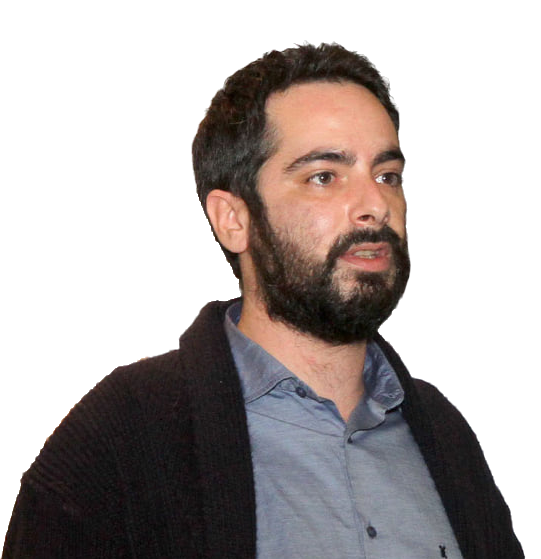
MBA in Digital Innovation and Startup Entrepreneurship

The MBA in Business Administration for the modern world of digital entrepreneurship and innovation.
Mode of Study
Distance Learning
Start Date
October 2025
Duration
1 Year
ECTS
75 Credits
Application Deadline: 7 September!
Apply91%
EMPLOYMENT RATE
Digital Innovation And Entrepreneurship
The object of theInter-Institutional Master of Business Administration (MBA) is to provide specialized master's level knowledge in the science of Young Business Management through the approach of the theoretical and practical issues of modern Electronic Business
You will be trained to:
- digital marketing techniques and strategies
- business models
- the role of information systems in the modern organization
- digital startups
- digital services
Skills Acquired:
- Graduates of the Inter-Institutional Master's Program in Digital Innovation and Startup Entrepreneurship will acquire significant and substantial knowledge and skills for advancing their careers.
- They will be able to think creatively (out-of-the-box) and operate targeting an international audience and with extremely fast growth prospects.
- Graduates who will be distinguished will have the opportunity to discuss development prospects with cooperating companies and institutions in Greece and abroad.
All postgraduate programs of the University of the Aegean are recognized and accredited by the Greek state.
Learn More
Our partners and graduates said:
Collaboration Opportunities with Major Companies


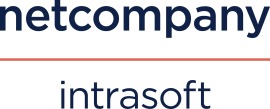

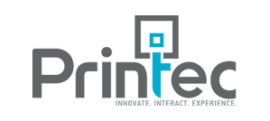

Press References
Flexible Study Options
Full-Time Study
- Intensive, 1-year duration
- Evening online lectures
- Teaching with modern digital means
- In-person, only the exams at the end of each semester
- Gradual tuition fee payment
- Scholarship opportunities
Part-Time Study
- Up to 2 years of study (including the Master's thesis period)
- Fewer courses per semester
- Specifically for working professionals
- Same rights and obligations as full-time students
Application Deadline
Until September 7, 2025
- 53days
- 1hour
- 1minute
remaining until the deadline
Teaching Staff
Videos



Program Information
Program Information
Distance Learning
Course instruction is delivered through synchronous distance learning, utilizing a dedicated platform that supports the educational process throughout all weeks of study in both the first and second semesters.
Final examinations are held at the end of each of the two semesters.
The method and procedure of the final examination for each course are determined by the respective instructor, in accordance with the provisions of the Postgraduate Studies Regulation of the Master’s Program.
Full-Time / Part-Time Study Program
The full-time study program lasts one (1) year and is conducted in a blended learning environment, combining innovative forms of education. These include synchronous online learning, supported by a dedicated platform that facilitates the educational process throughout all weeks of instruction in the first two academic semesters.
In the second semester, students begin working on their Master’s Thesis and participate in either the summer school or a practical training, both of which are completed by the end of the program, including during the summer period. Attendance of courses and participation in all educational activities—such as assignments, exercises, etc.—is mandatory.
The duration of studies in the Inter-Institutional Master’s Program leading to the Master’s Degree (M.Sc.) is set at one year, with a maximum allowable completion time of two (2) years.
Part-time study is available for working postgraduate students who can demonstrate employment of at least 20 hours per week, by providing an employment contract or an employer's certificate.
Part-time study is also available for non-working students who are unable to meet full-time requirements due to health issues, family obligations, military service, force majeure, or other valid reasons.
Interested applicants must submit a request to the Program’s Academic Committee before the start of classes.
The duration of part-time study may not exceed twice the regular duration of the specific Inter-Institutional Master’s Program.
Course List
1st Semester
2nd Semester
Summer Season
Part time Enrollment Course List
1st Semester
2nd Semester
3rd Semester
4th Semester
Summer Season
Course Instructors
| Course Title | Semester | Instructor |
|---|---|---|
| Digital Business and Organizational Management | 1st | Dr. Dimitrios Sarantis |
| Financial Administration | 1st | Professor Ioannis Psaras (NTUA) , Dr. Maria Flouri (NTUA) |
| Innovation Management and Business Plan | 1st | Emeritus Professor Ioannis Kalogirou (NTUA) , Dr. Evangelos Siokas (NTUA) |
| Case Studies in Digital Transformation and Entrepreneurship | 1st | Professor Yannis Charalampidis |
| Contemporary Methods in the Design of Digital Products and Services | 1st | Professor Elias Carayannis (George Washington University) |
| Entrepreneurship Simulation | 2nd | Professor Dimitrios Askounis (NTUA) |
| Digital Marketing | 2nd | Assistant Professor Dimitrios Drosos (AUEB) |
| Business Systems and Intelligence | 2nd | Professor Euripidis Loukis , Dr. Konstantinos Pazalos (University of the Aegean) |
| Artificial Intelligence in the Management of Open and Big Data | 2nd | Assistant Professor Alexopoulos Charalampos , Professor Dimitrios Askounis (NTUA) |
| Supply Chain Management Systems | 2nd | Dr. Gerasimos Kontos (Univ. of the Aegean) |
| ICT Project Management & Information Systems Development | 2nd | Assistant Professor Diamantopoulou Vasiliki |
| Thesis | Summer Season | |
| Entrepreneurship Summer School | Summer Season | |
| Internship in a Startup or Business Incubator | Summer Season |
Cost
The Inter-Institutional Master’s Program includes tuition fees of €4,500, which are paid as follows:
- €500 as a registration deposit within 15 days of notification of acceptance
- €2,000 upon registration for the 1st semester
- €2,000 at the beginning of the 2nd semester
Scholarships
By decision of the Special Interdepartmental Committee, special scholarships may be awarded to new entrants, reduced tuition fees may be provided, or special awards may be granted to postgraduate students based on academic, social, or other criteria.
Admission Requirements
The Joint Postgraduate Program accepts holders of a first-cycle degree from Higher Education Institutions (Universities and Technological Educational Institutes) of Greece, or from equivalent recognized institutions abroad, from any scientific field or discipline, as recognized by the Hellenic National Academic Recognition Information Center (DOATAP).
Additionally, graduates from the Higher Military Educational Institutions of the country (article 88 of law 3883/2010, Government Gazette 167 A), the Hellenic Police Officers School (article 38 of law 4249/2014, Government Gazette 73 A), the Hellenic Fire Academy's Officers School (article 69 of law 4249/2014, Government Gazette 73 A), and the Coast Guard Officers School (article 1 of Presidential Decree 75/2018, Government Gazette 145 A) are also accepted.
Furthermore, final-year students from domestic institutions are accepted under the condition that they complete their degree requirements and provide relevant certification by the registration date of the postgraduate program.
The evaluation criteria for applicants are specified in article 4 of the Postgraduate Studies Regulations of the program.
The evaluation of applications will be completed in two stages: initially, candidates will be evaluated based on the information provided in their electronic application. Candidates who meet the formal requirements will then be invited to online interviews, which will take place in August.
The evaluation of applications is conducted by a selection committee composed of professors from the collaborating departments, using evaluation criteria specified in article 4 of the Postgraduate Studies Regulations of the department.
Required Documents
Interested candidates are invited to complete the Application for Candidacy, for which they will need to attach the following:
- Application for admission.
- Detailed CV with photo.
- Copy of undergraduate degree.
- Official transcript of undergraduate courses, indicating the final degree grade.
- Copy of Identity Card or Passport.
- Copies of English language certificates at a minimum level of B2.
- At least two letters of recommendation.
- Copy of thesis or its title and summary if not yet completed, or a statement indicating that a thesis is not mandatory in the applicant’s undergraduate program.
- Articles published in scientific journals or conference proceedings with peer-review (if any).
- Any other documents that may support the applicant’s candidacy, at their discretion.
The application and electronic copies of the required documents are submitted to the "Nautilos" system (https://nautilus.aegean.gr/).
Study Regulations
Circulars related to the Study Regulations of the program:
- New Academic Regulations (Pending publication in the Government Gazette)
- FEK 4357 Β – 01.10.2018 (Regulations of Studies)
- FEK 1935 Β – 19.04.2022 (Amendment)
- FEK 7009 Β – 13.12.2023 (Amendment)
- FEK 1848 Β - 15.04.2025 (Amendment)
Academic Calendar
Quality Assurance Policies
Financial Report
External Advisory Committee
The external advisory committee of the Digital Innovation and Startup Entrepreneurship Program consists of:
Spyros Arvanitis, Senior Researcher / ETH Zürich
Dr. Spyros Arvanitis was a Senior Research Economist at the KOF Swiss Economic Institute at ETH Zürich until his retirement in 2019, where he served as the Head of the "Innovation Economics" Research Division.
He holds a PhD in Economics from the University of Zürich and a PhD in Chemistry from ETH Zürich.
He has also been a lecturer in Economics at ETH Zürich and has numerous publications on innovation economics, technology diffusion, firm performance, and market dynamics.
Efthymios Konstantinidis, Professor of Digital Marketing / University of Twente
Professor of Digital Marketing at the University of Twente, Rotterdam University, and Thapar Institute (India).
He specializes in the strategic adoption of digital technologies as marketing tools.
His current research and teaching focus on topics such as: How technology shapes customer behavior and marketing practices, the role of social media as marketing tools, and how marketers can better innovate in the new digital and multidimensional marketplace.
Apostolos Konstantinidis, founder and president of Ergobank
Apostolos Konstantinidis has served for many years as a Business Investment Advisor and Stock Market Analyst.
His interests include: Business Analysis, Investment Management & Asset Allocation, Management & Operational Excellence, Value Investing & Stock Selection, Investment Philosophy, Education & Mentorship.
George Karamanolis, CTO & Founder / Crowdpolicy
George Karamanolis has a strong international presence in the startup ecosystem, digital transformation, government innovation, and financial technologies, with over 13 years of experience in senior and C-level positions in both the private and public sectors.
He has been involved in a wide range of projects, organizations, institutions, and tech-based startups in Greece and abroad.
George Karamanolis holds a degree in Computer Science and an M.Sc. in Information Systems from the Athens University of Economics and Business. His main interests include fintech, urban technology, smart cities, OpenData, Open Government, #blockchain - DLT projects, and CrowdX initiatives on a global scale.


